Independent Marketers Turn to Dangote Refinery
Over 30,000 members of the Independent Petroleum Marketers Association of Nigeria (IPMAN) are gearing up to buy petrol directly from the Dangote Refinery in an attempt to reduce fuel costs and improve supply efficiency. According to IPMAN President Abubakar Garima, this shift to Dangote’s massive $20 billion Lekki-based facility could significantly impact petrol prices and availability across Nigeria.
“Right now, we have an agreement to lift petrol directly from the Dangote Refinery,” Garima stated on Tuesday during a televised interview. “We believe this will ease supply issues and allow us to offer better prices to Nigerians.”
Join our WhatsApp ChannelThe bulk purchase option at Dangote Refinery offers marketers the choice to pay N940 per litre for petrol shipped by vessel and N990 per litre if transported by truck.
Price Cuts on the Horizon for Petrol Consumers
IPMAN has been vocal about its intent to reduce fuel costs for consumers, with Garima projecting a potential N50 decrease per liter, depending on region and logistics. “The public has been looking for relief in petrol prices, and we’re committed to offering that through this direct purchase agreement with Dangote Refinery,” Garima explained.
He also pointed out that this new arrangement would cut out intermediaries, such as the Nigerian National Petroleum Company (NNPC) and other depots. “Without these middlemen, we save on costs,” Garima emphasised. “This savings will be passed on to our customers.”
For instance, the price in Maiduguri could fall from N1,200 to N1,150 per litre, with expectations of further decreases as market stability improves. “It’s all about direct access to the refinery. We avoid third-party fees, so there’s no reason for prices not to fall,” he added.
Supply Consistency and Fuel Availability to Improve
Garima suggested that purchasing directly from the refinery will improve the availability of petrol across Nigeria. “Before, we faced delays due to dependency on third-party suppliers. Now, IPMAN members can receive petrol directly, speeding up distribution to retailers,” he explained.
READ ALSO: IPMAN Promises Affordable Fuel After Reaching Agreement With Dangote On Direct Supply
This change is expected to lessen the frequency of fuel shortages across filling stations. “When marketers pay upfront, there’s often a delay, but that won’t be the case with direct sourcing from Dangote. Immediate dispatch to stations means customers get reliable service.”
NNPC’s Debt Repayment to IPMAN on Track
While IPMAN works on this deal with Dangote, the NNPC is also in the process of clearing its debt to independent marketers.
“The NNPC has started settling its N4 billion debt with us, and they are committed to repaying remaining balances soon,” Garima said.
PETROAN Joins Discussions with Dangote Refinery
Not only has IPMAN moved forward with Dangote Refinery, but the Petroleum Products Retail Outlet Owners Association of Nigeria (PETROAN) is also in talks to establish a similar agreement.
PETROAN’s National President, Billy Harry, has formed a team to negotiate terms with the refinery. “We have a responsibility to provide affordable, quality petrol,” PETROAN Publicity Secretary Joseph Obele said. “Our team will represent consumer interests as we discuss potential purchases from Dangote.”
Dangote Refinery Exports Petrol Amid Local Distribution
In parallel, Dangote Refinery is expanding its reach internationally. Recently, the refinery signed agreements to export over 200,000 metric tonnes of petrol, which will be dispatched once transportation logistics are finalized. This is a major step for the refinery, which continues to produce for both domestic and international markets.
A refinery spokesperson confirmed, “The refinery is ready to send out its first gasoline exports, once shipping logistics are sorted out.”
Emmanuel Ochayi is a journalist. He is a graduate of the University of Lagos, School of first choice and the nations pride. Emmanuel is keen on exploring writing angles in different areas, including Business, climate change, politics, Education, and others.
- Emmanuel Ochayihttps://www.primebusiness.africa/author/ochayi/
- Emmanuel Ochayihttps://www.primebusiness.africa/author/ochayi/
- Emmanuel Ochayihttps://www.primebusiness.africa/author/ochayi/
- Emmanuel Ochayihttps://www.primebusiness.africa/author/ochayi/

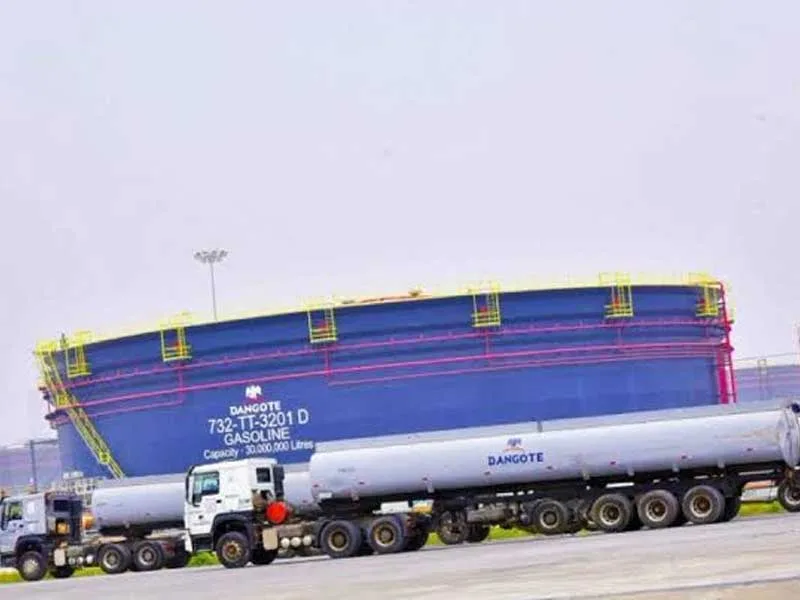




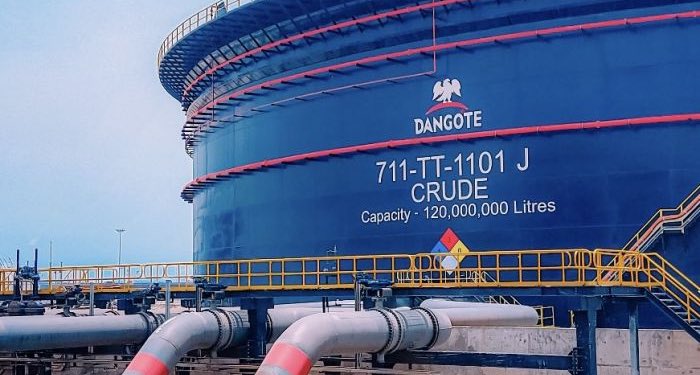
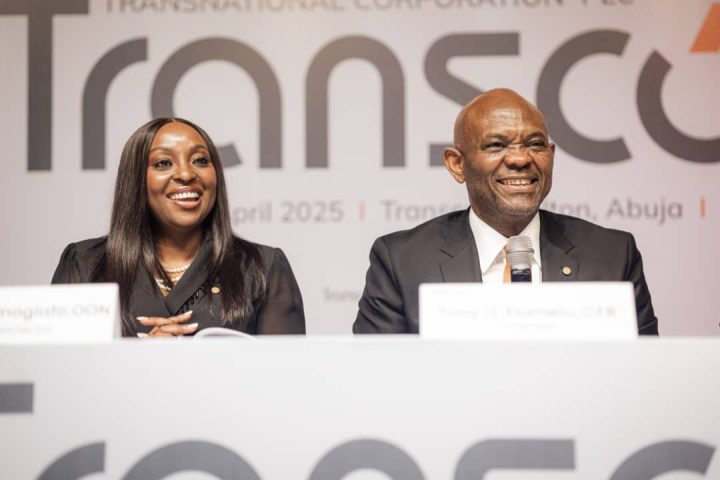





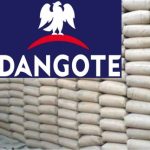
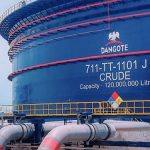


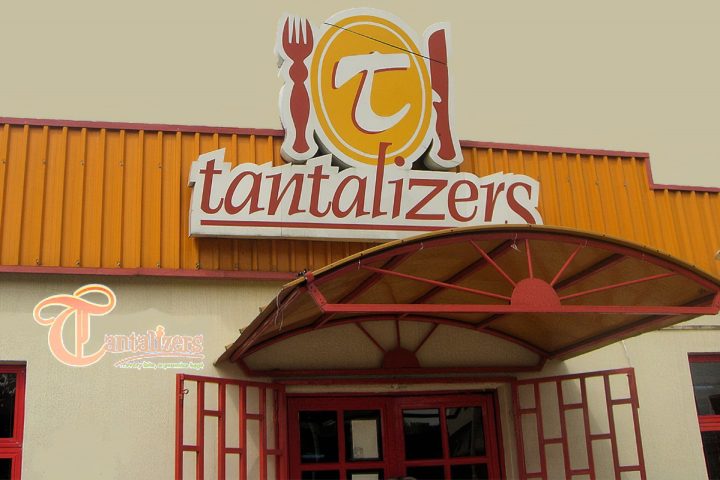

Follow Us